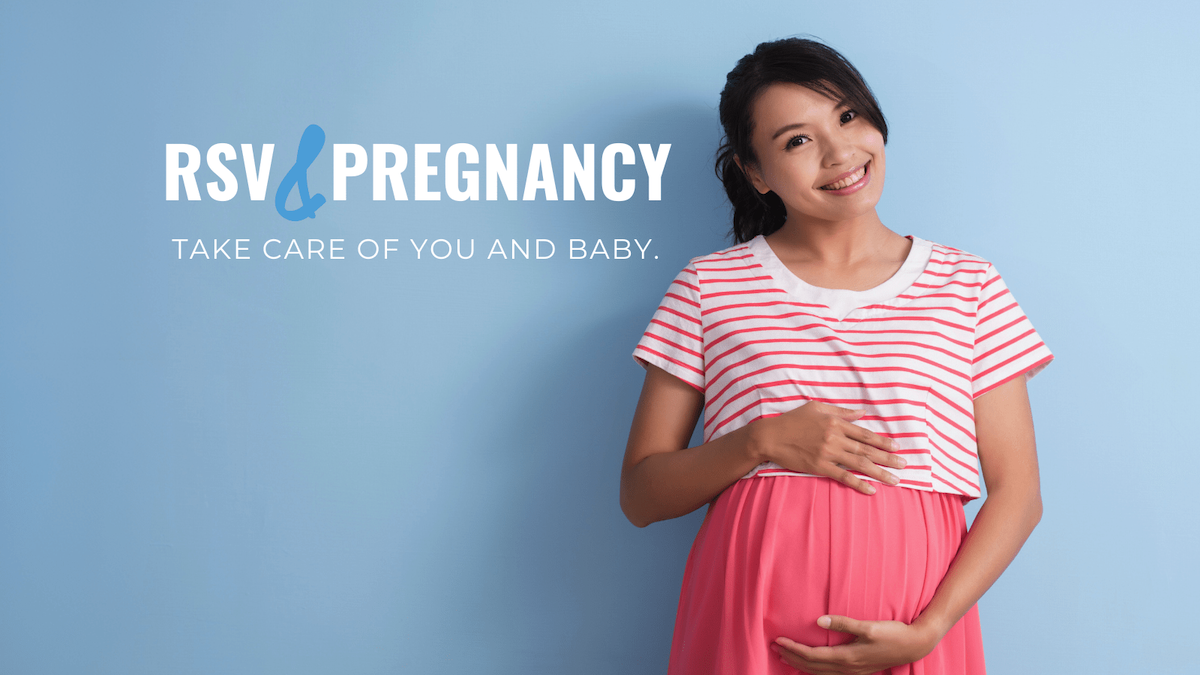What is RSV?
RSV, or Respiratory Syncytial Virus, is a common respiratory virus that can be very serious for newborns and young babies, particularly in the first few months of life. It can cause severe breathing issues, leading to hospitalizations for some babies.
When is RSV Season?
RSV season usually peaks during the colder months, generally from late fall through early spring. However, the exact timing depends on where you live, so it’s essential to stay informed about local RSV trends.
Pregnancy and the RSV Vaccine
If you’re pregnant, you may be eligible for this vaccine. It’s specifically recommended for women who are in the third trimester of pregnancy, usually between 32 and 36 weeks, from September 1 to January 31. Getting the vaccine at this point in your pregnancy allows your body to create protective antibodies that you can pass along to your baby, giving them some protection during those critical early months when their immune system is developing.
Why is This Vaccine Important During Pregnancy?
This new vaccine is a game-changer for newborns and young babies. Getting the RSV vaccine when you are pregnant helps reduce the chance of your baby developing a serious RSV infection after birth. Studies have shown that these antibodies can protect your baby from severe RSV symptoms, lowering the risk of hospital visits and respiratory complications.
Ask your Premier Women’s Health provider about the RSV vaccine and how it fits into your pregnancy care plan.
Written by Reetu Syal, MD, MetroPartners OBGYN – Premier Women’s Health. Reviewed by Taryn McEvoy, MD, Oakdale OBGYN – Premier Women’s Health. Edited by K. Smith, Premier Women’s Health of MN. Used by permission.

